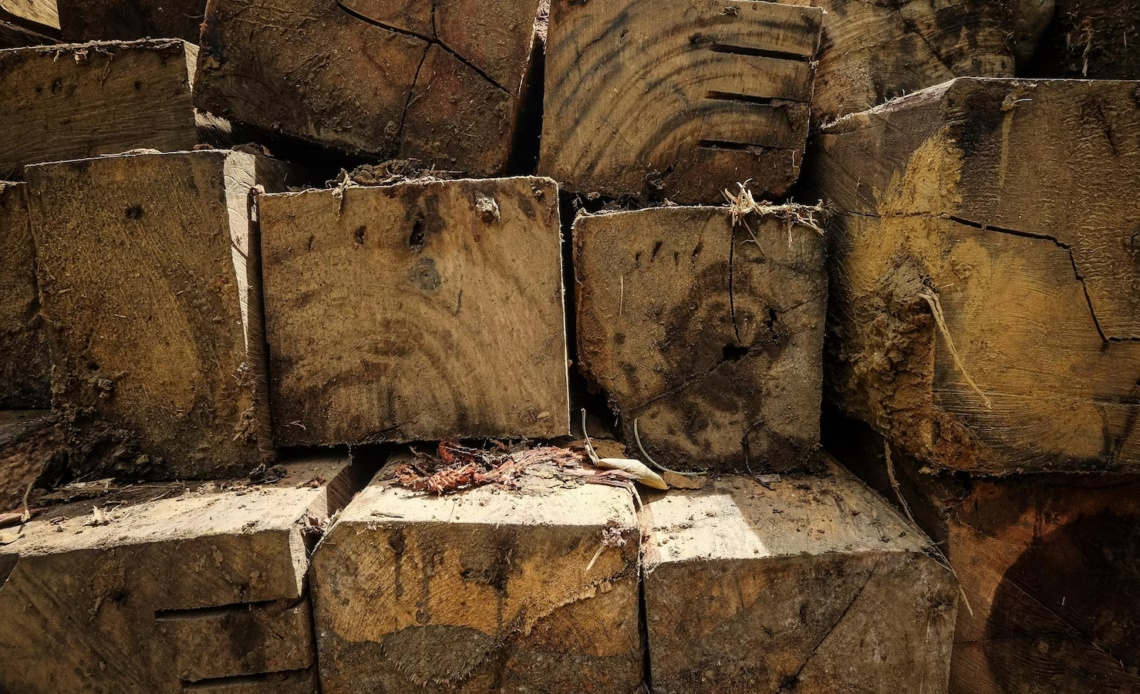JAKARTA, Indonesia — The South Korean government will reduce subsidies for biomass energy after rising domestic and international criticism of its link to deforestation. Environmental activists generally applauded the reforms but criticized loopholes and slow timelines for phasing out the subsidies.
“While not without caveats, (the) decision by the South Korean government demonstrates that large-scale biomass power has no place in a renewable energy future,” Hansae Song, program lead at South Korea-based nongovernmental organization Solutions for Our Climate, said in an email to The Associated Press.
Biomass power, predominantly generated by burning wood, is growing globally as countries accelerate their transition to use cleaner energy — even though many scientists and environmentalists see it as problematic. In South Korea, it’s the second-largest source of renewable energy.
South Korea has subsidized biomass energy with millions of dollars for more than a decade via their renewable energy certificates program. In a single recent the government gave approximately $688 million to support power plants using biomass, according to a press release from South Korea’s Ministry of Trade, Industry and Energy.
Faced with limited domestic forest resources, South Korea’s biomass power industry has structured its business model around importing large volumes of wood pellets at lower prices from forest-rich nations. In 2023, imports accounted for 82% of the country’s wood pellet demand, making South Korea the world’s third-largest importer of biomass fuels, after the United Kingdom and Japan. An AP report found that biomass imported from Indonesia was linked to deforestation of natural, intact forest.
“As the (biomass) market expanded, various issues emerged,” the Ministry of Trade, Industry and Energy said in their press release. “Criticisms regarding forest degradation and carbon emissions associated with biomass power generation persist.”
Under the revised policy, South Korea will not support any new biomass power plants. Subsidies for six existing state-owned plants co-firing coal and biomass will end this year, while the value of renewable energy certificates for three state-owned dedicated biomass plants will be phased down by 2027. At privately owned plants, subsidies for co-fired biomass from six plants will be phased out over the next decade, while subsidy weightings will be reduced for 12 dedicated biomass plants over the next 15 years.
Click Here to Read the Full Original Article at ABC News: Business…

